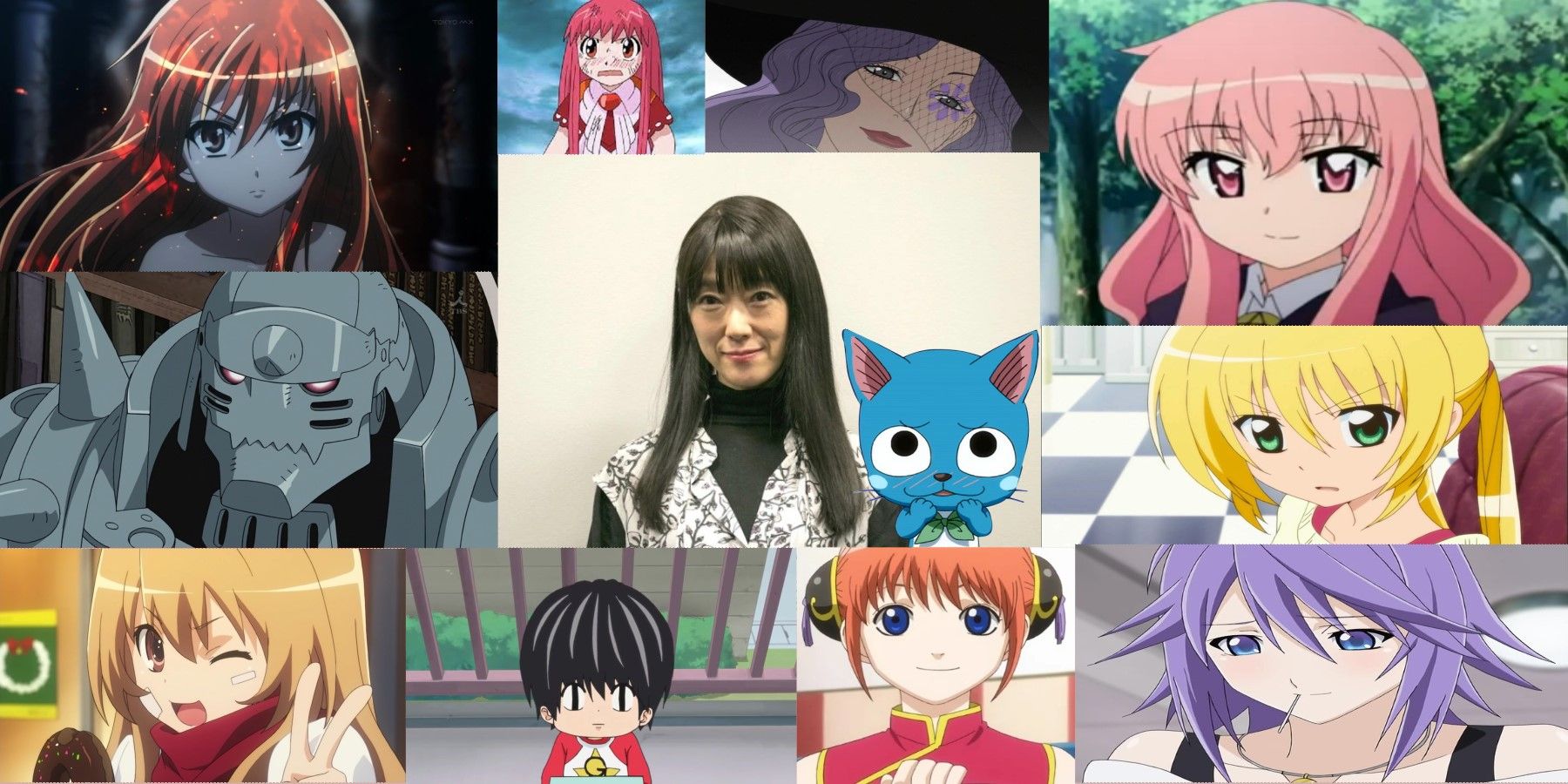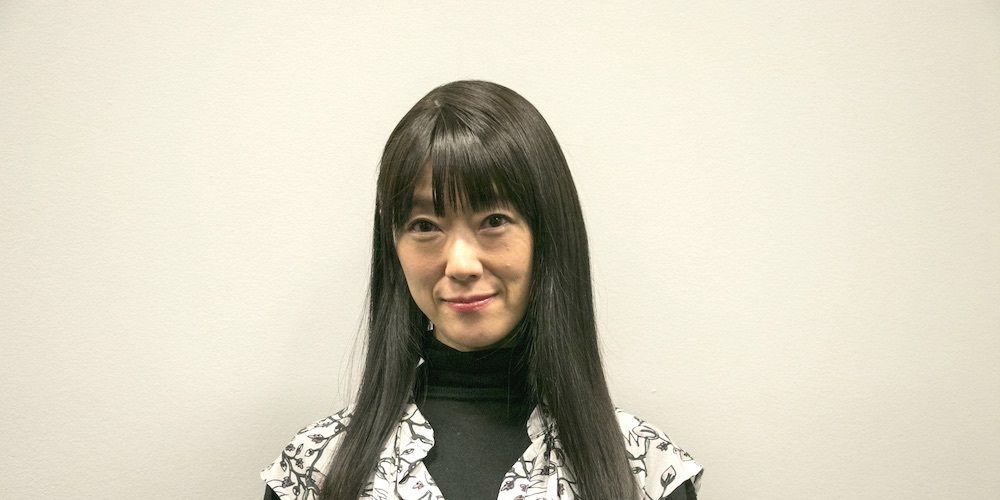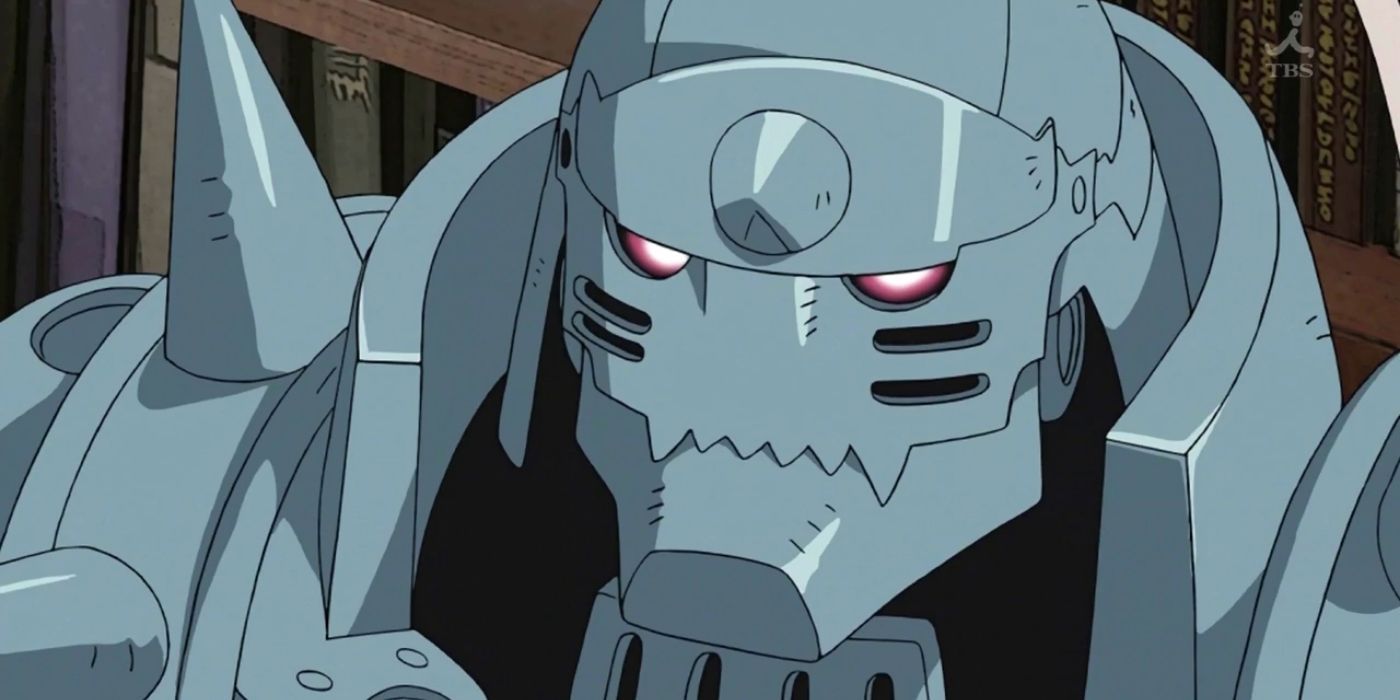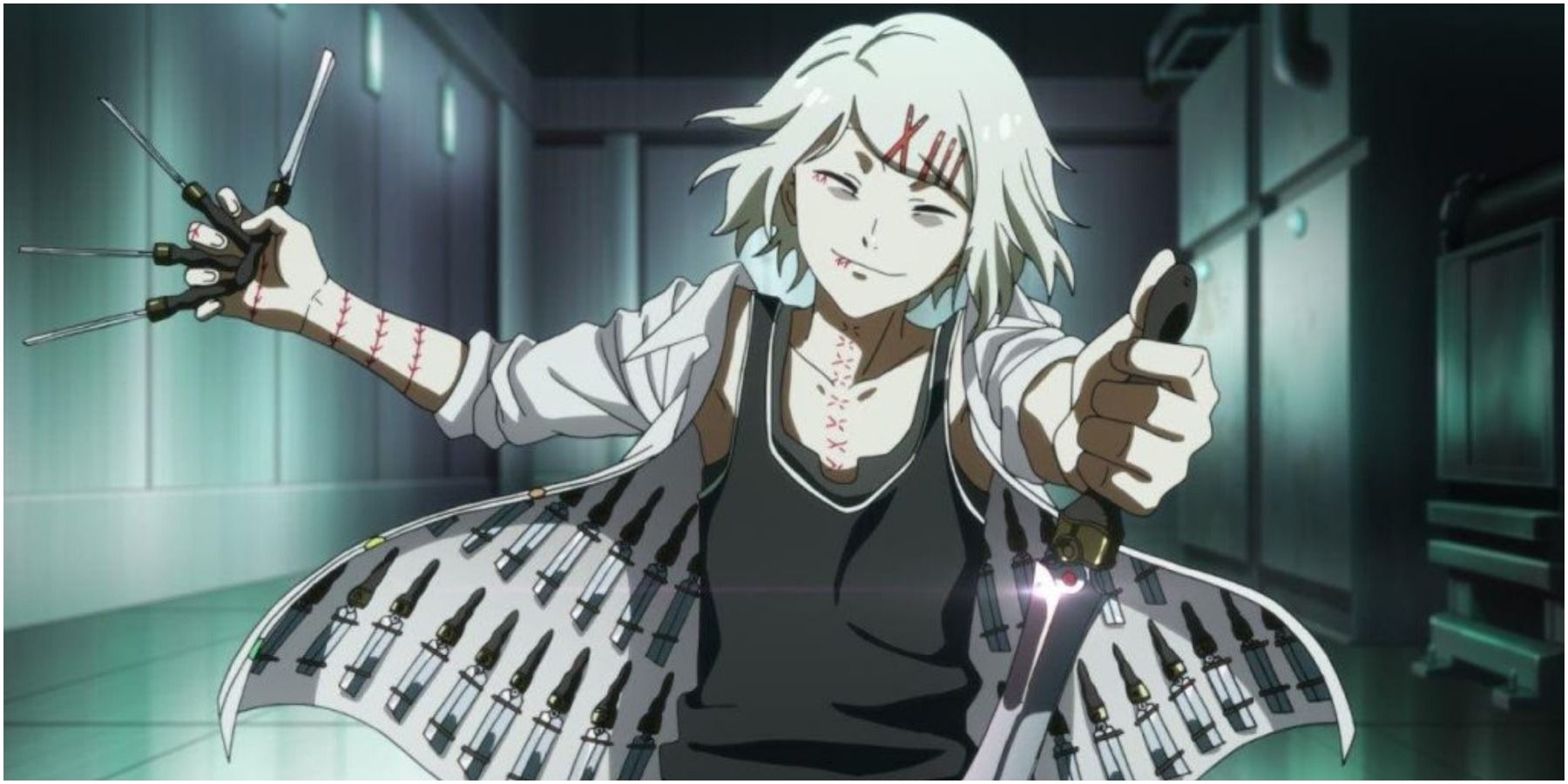With a career that precedes her, Rie Kugimiya is perhaps one of modern anime's most iconic, most recognizable voices. Known to many fans as the "Tsundere Queen", Kugimiya carved a name for herself portraying characters like Alphonse Elric from Hiromu Arakawa's classic Fullmetal Alchemist, Louise from Familiar of Zero; the titular character from Shakugan no Shana, Kagura from Gintama and is responsible for giving life to not just various iconic hot'n'cold queens, but to other characters both major and minor.
Just how did Kugimiya become synonymous with the tsundere archetype, and what has her impact been on anime overall? From mascot character to protagonist, she is one of the most prolific voice actors in the industry. Here's the rundown on the voice acting deity that is Rie Kugimiya.
Origins
Born May 30th, 1979, in Osaka, Kugimiya has been active in the industry for nearly 25 years, first earning her stripes with Japanese voice talent agency, I'm Enterprise in the very first summer school training program for voice actors sponsored by the Japan Narration Institute. Her debut role came in 1998, in the video game etude prologue -Shaking heart-, where she played the role of Tadami Seki.
From the beginning of her career, Kugimiya's talents were used to voice juveniles and young teenage characters, but she has since diversified her repertoire with various interesting roles that aren't in line with how she started her career. This association with juvenile characters is due to her voice's quality and her inflection which grants her characters even more youth, but she also tends to offer them a bratty quality, which strengthens the association with childhood or adolescence.
A Prolific VA
Kugimiya works a lot and has gotten herself a huge reputation. At this point, veteran anime fans only need to listen to a character for mere moments in order to point her out, and that's due to her appearance in a plethora of different roles. Her codification of the tsundere archetype is also partly a consequence of Kugimiya's extensive list of roles, particularly in slice of life and romance anime. Here is a rundown of some of her most iconic roles, which is of course, by no means exhaustive:
- Alphonse Elric, Fullmetal Alchemist, 2003, 2009. She also played Catherine Anne Armstrong in both versions of the anime, and Xiao Mei in Fullmetal Alchemist: Brotherhood.
- Shana, Shakugan no Shana, 2005-2011.This role made Kugimiya's "urusai" ("shut up") particularly memorable, due to Shana's habit of saying it three times in a row each time. This even saw her 2022 role as Chloe D'Apichier in Part 2 of The Case Study of Vanitas have an Easter Egg moment when the character said "shut up" twice in succession.
- Isabella Yamamoto, Paradise Kiss, 2005.
- Kagura, Gintama, 2006 – present. This role won her an award for Best Actress in a Supporting Role at the first Seiyu Awards.
- Louise de la Vallière, Familiar of Zero, 2006 – 2012.
- Nagi Sanzenin, Hayate the Combat Butler, 2007 – 2013. This, along with the role of Shana, saw Kugimiya take home the Best Actress in a Supporting Role at the second Seiyu Awards.
- Aisaka Taiga, Toradora!, 2008. This role saw her take home the Best Actress at the third Seiyu Awards.
- Happy, Fairy Tail; Eden's Zero, 2009 – present. Kugimiya's performance turns Happy into one of the most loved mascot characters in recent Shounen anime.
- Juuzou Suzuya, Tokyo Ghoul, 2014 – 2019. This role stands out in particular due to the huge difference to the characters she'd played in the past, as well as the fact that Kugimiya adopts a completely different approach to the sound of her voice to match the lackadaisical yet psychotic Juuzou.
- Kotaro Sato, Kotaro Lives Alone, 2022. Somehow, Kugimiya managed to hone her specialty, and used her ability to voice juveniles to fully realize one of anime's youngest protagonists. At merely four years old, Kotaro's character called for an even younger-sounding voice, but due to his precociousness, the voice acting veteran had to somehow grant this child an "older" vocabulary and demeanour, whilst maintaining a sound more juvenile than she has ever had to do.
Queen of Versatility
As mentioned before, Kugimiya is known for her portrayal of the tsundere archetype; however, her real superpower is her ability to find variance within that small niche, and also carve out greater spaces for herself. She cannot simply be regarded as the Tsundere Queen, because she has shined through all kinds of roles.
One of the most perplexing Kugimiya masterclasses is of course, her portrayal of the depraved Suzuya Juuzou from Tokyo Ghoul, a character whose ridiculousness is proportional to their psychotic nature and violent tendencies. Despite the terror that is Juuzou, Kugimiya maintains a level of sweetness in her voice when playing him, which adds even more to the fear factor whenever he appears. Happy, while having a childish voice, sounds different from Kugimiya's portrayal of other childish characters, and there's a particular cutesy quality she applies when playing the blue cat.
Like many others, Kugimiya has also had her fair share of dubbing roles, taking on several interesting roles, such as Primrose Everdeen in The Hunger Games, Eleven in Stranger Things, and even Peppa Pig. Her video game appearances are almost as extensive as her anime roles, with Kugimiya taking on the various roles that come with video game adaptations of anime she featured in. Some of her notable video game roles include Haruka Sawamura from the Yakuza series, Rise Kujikawa in Persona 4,
Voice acting aside, Kugimiya, like many other voice actors in the anime industry, also has a singing career. One of her most notable performances would be along fellow Toradora! cast members Eri Kitamura and Yui Horie on the anime's first opening theme song, Pre-Parade!, as well as the ending theme, Orange. Her discography features several singles, and two albums: Kokohadoko, which was released in 2012; and Semete Sora wo, which was released in April 2020.
Impact
Over the course of nearly 25 years, Kugimiya has taken on a variety of roles in video games, anime, movies, and more, spawning a career of several highly appreciated, stand-out performances. Fans' assignment of a moniker in celebration of her influence over the tsundere archetype, particularly in the first half of her career, is proof of her status as a living legend.
As a veteran who consistently gets more breakout roles that push her boundaries as a voice actor, Kugimiya is perhaps an example of an actor whose brilliance only grows as they age, and many actors out there would be well within their right to be proud of themselves if they had just half the career Kugimiya Rie has had.





